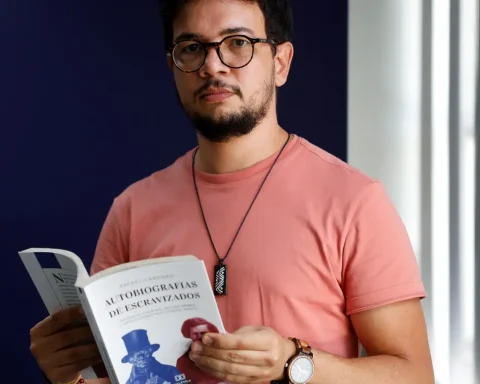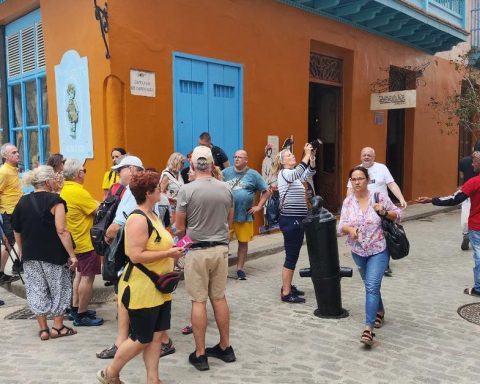AND
n 2007, ago 15 years ago, various peasant organizations, together with some civil society organizations and academic institutions, convened the National Campaign in Defense of Food Sovereignty and the Reactivation of the Mexican Countryside, under the slogan: Without corn there is no country… Put Mexico in your mouth!
The central issue at that time was to show the damage that the signing of the North American Free Trade Agreement (NAFTA) had caused in the Mexican countryside.
They were not few and their consequences are still being felt, especially the channeling of resources to agro-industrial producers who dedicate their lands not to planting our basic foods, but to export products, to generate foreign exchange that remains in a few pockets, and create precarious jobs due to poor pay and the living conditions in which these peasants live, forced to migrate to alleviate poverty, not because they do not work, but because what they traditionally sow is poorly paid; which are just basic foods.
The green revolution (1940) also wreaked havoc: it imposed monocultures over polycultures, much more sustainable, such as the milpa, and brought with it patented seeds that, due to their characteristics, are accompanied by a technological package that includes fertilizers, herbicides and pesticides. , which together made production in the field more expensive.
The issue of monocultures has intensified, by the way: today we see with concern that forests are cut down to plant avocado; that the cornfields are left aside to cover the landscape with plastic roofs, under which blackberries, raspberries, blueberries or ornamental flowers are planted in makeshift greenhouses.
Not a minor consequence of the green revolution is the privatization of seeds through patents. In the case of corn, hybrid grains were implanted. All this gradually changed the situation in the field. Today we are facing a more serious situation, with the signing of the new Free Trade Agreement between Mexico, the United States and Canada (T-MEC), which has already been two years old, no benefit has been seen so far. In reality, with these treaties, generated from the poles of economic power, it is the hegemonic countries that obtain the profits. In both cases, the agricultural issue confronts two totally different social, cultural and economic realities: that of Canada and the United States and that of Mexico.
This is clearly seen in the case of maize. For the first two nations, grain is a commodity that is not used for direct human consumption, but rather for fodder. From this corn planted in monoculture, inputs are also derived for the production of junk food in the form of high fructose syrups and starches. In our country, on the other hand, corn has been the main food for its population for millennia and, due to its importance, symbolic values linked to the very creation of people are attributed to it.
It is said that we are men and women of corn. If the green revolution and NAFTA implied serious problems for Mexico, the T-MEC brings a poisoned apple to the grain. With the signing of the treaty, Mexico undertook to sign the UPOV91 act, which puts at risk the seeds of the plants that the peoples of Mesoamerica domesticated a long time ago and that are foods present throughout the world: corn, beans, chili, tomato, cocoa and vanilla, for example. And it is that the International Union for the Protection of New Varieties of Plants (UPOV) aims to protect new varieties of seeds for commercial purposes.
In the modality that Mexico has now signed, which is the UPOV Act78, it is possible for men and women from the countryside, as owners of their own seeds, to exchange them freely; the UPOV91 act, in contrast, prohibits it. For this reason, forces contrary to the position of the federal Executive, which has defended native maize, some even from their own party and even from their cabinet, have promoted a reform of the Federal Plant Varieties Law (LFVV) that, if approved, would imply high fines and the destruction of crops in which patented seeds are identified, as we have already written here before.
The privatization of seeds, which are food for the world, is inadmissible from an ethical point of view; life cannot be privatized. In addition, it violates essential human rights. Therefore, this year the National Corn Day should be dedicated to highlighting the qualities of corn as food and as a cultural foundation, as well as honoring peasant work, but also highlighting the serious risk that accepting this reform of the LFVV would mean, and sign the UPOV91 act. Other countries have defended their seeds, even having signed this type of trade agreement. Their example must be followed and Mexico’s food sovereignty must not be put at risk.















